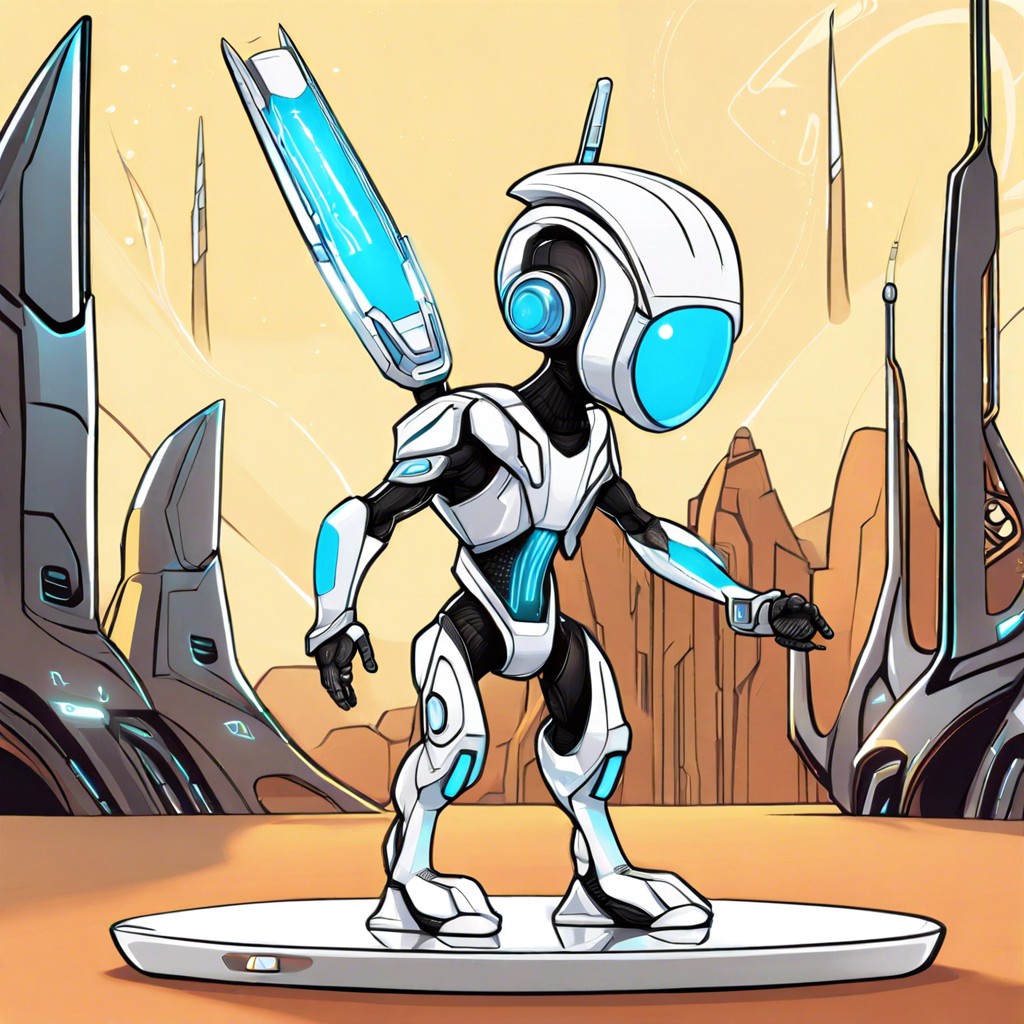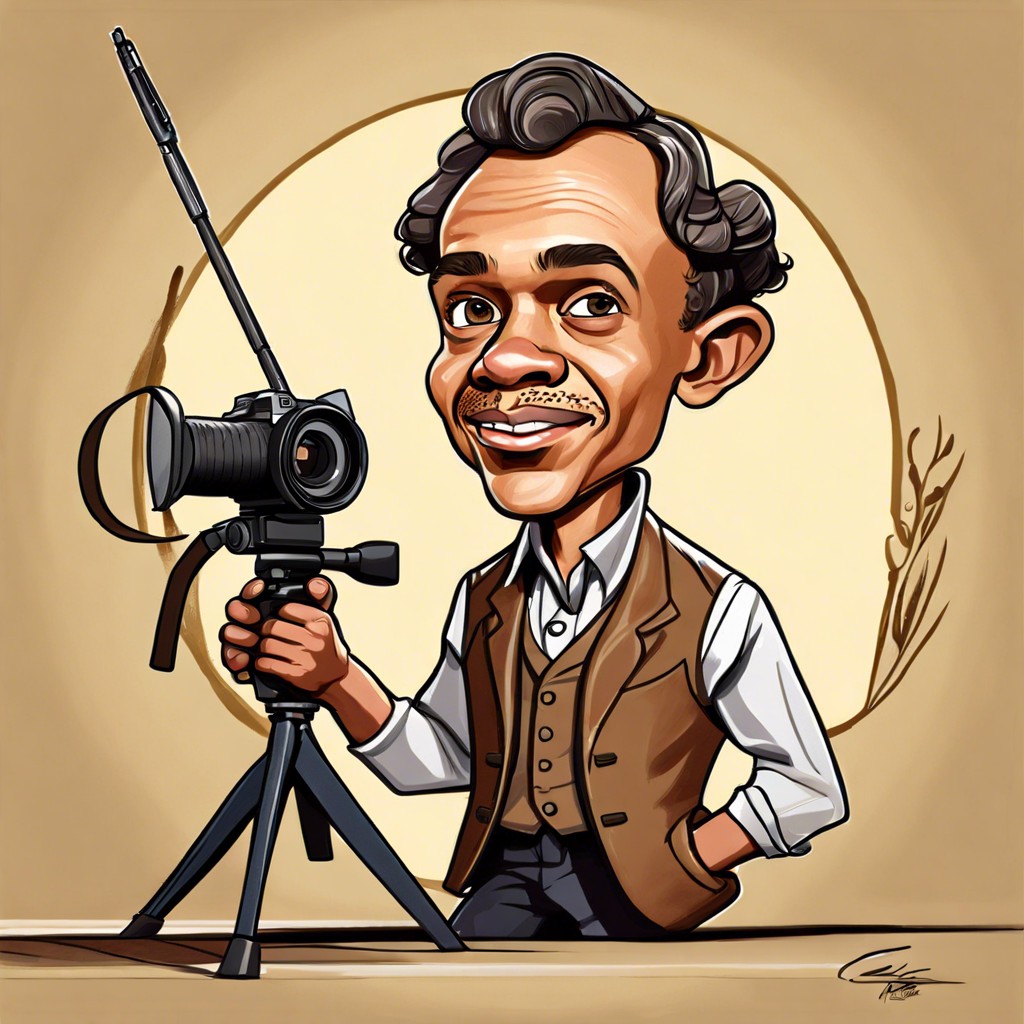Discover who Natalie Nunn is, her rise to fame, and the controversies that have followed her.
Key takeaways:
- Natalie Nunn: From athletic prowess to reality TV fame.
- Controversy only amplifies Nunn’s resilience and brand.
- Balancing fame and family: Nunn’s personal milestones.
- Memorable media appearances showcase Nunn’s authenticity.
- Nunn’s influence on reality TV culture and genre.
Early Life and Career
Natalie Nunn was born in Concord, California, setting the stage for a life far removed from the ordinary. Early on, she combined athletic prowess with a fierce, unapologetic attitude, defying typical expectations while sprinting for her high school’s track team. This discipline likely shaped the vigor we’d later witness on television.
A leap from athletics to screen occurred post-university. Psychology studies at the University of Southern California reflect an understanding of the human condition, a skill evidently transferred to her television career. The early days were marked by auditions and determination, a gritty climb up the entertainment ladder that soon paid dividends.
Her breakout moment came with the Bad Girls Club in 2009. Nunn’s magnetic personality and unabashed approach to conflict made waves and solidified her status as a prominent and polarizing figure in reality TV. This formative period laid the groundwork for Nunn’s enduring career—a testament to the fusion of athleticism, education, and sheer audacity.
Career Highlights and Pivotal Moments
Natalie Nunn first caught the public eye with her boisterous debut on “Bad Girls Club” in 2009. Her assertive personality shone, making her a memorable cast member—and a polarizing figure. Beyond “Bad Girls Club,” her career sparkled with appearances on shows like “Love Games: Bad Girls Need Love Too” and “Bridezillas,” where her wedding preparations were on full display.
Her venture into the entrepreneurial sphere with fitness programs and beauty products marked a significant expansion of her brand. This pivot displayed her business savvy and diversified her persona beyond reality TV.
Nunn’s time on “Celebrity Big Brother” in 2018 was a flashpoint, igniting controversy and ultimately leading to her early departure from the house—yet, this amplified her footprint in international media.
Brushes with controversy have never dimmed her spotlight. Instead, they have been moments where her resilience and ability to bounce back were evident, keeping fans engaged and her brand alive.
Personal Milestones and Family Life
Natalie Nunn’s pivot from the limelight to her personal life marked a trek into a different kind of reality—one that struck chords with family values and intimate moments. Motherhood transformed her persona, her 2012 marriage to Jacob Payne, an Arizona Rattlers football player, creating a solid team off-screen. Following a miscarriage, Nunn openly shared her fertility struggles, a poignant confession that resonated with many. Her subsequent pregnancy and birth of her daughter in 2017 became a beacon, spotlighting her growth and resilience.
Nunn’s commitment to her family doesn’t end with motherhood. She frequently cites her husband’s support as foundational to her success and frames her work around her role as a partner and parent, challenging the archetype of the fame-hungry reality star. Her life’s waypoints, shared with unguarded honesty, have not only endeared her but also broadened dialogues about the compatibility of public careers and private happiness.
Significant Media Appearances and Interviews
Natalie Nunn burst onto the screens with her larger-than-life personality. From her debut on “Bad Girls Club” in 2009, she became a force to reckon with. Her strong will and no-holds-barred attitude made for memorable TV moments, keeping viewers hooked.
She took her reality fame up a notch by appearing on “Bridezillas.” Nunn’s wedding prep saga was as dramatic as expected, serving up a feast of feisty and extravagant bridal behavior that only she could pull off with flair.
Her candid demeanor translates effortlessly into interviews. Take her dialogue on “The Mother/Daughter Experiment: Celebrity Edition.” She laid bare the intricacies of familial bonds, inviting the audience into deeply personal territory.
Nunn’s stints on UK’s “Celebrity Big Brother” showcased her strategic gameplay and wit. Despite the clash of cultures, Nunn held her own, cementing her status as a reality TV sweetheart with an international appeal.
Across the board, her media forays reflect her journey, ensuring viewers sit tight, expecting the unexpected. Whether she’s opening up on podcasts about the challenges and triumphs of parenthood, or stirring the pot on a talk show, Nunn’s authenticity resonates with her audience. She’s a refreshing departure from the script, injecting a dose of real emotions into the often-manicured world of reality television.
Influence On Reality TV Culture and Genre
Natalie Nunn’s stint on ‘Bad Girls Club’ ripped up the reality TV playbook. Her unapologetic attitude and catchphrase “I run LA” became more than a bold declaration; they exemplified the emergence of strong, assertive personalities in a space that had often favored docility, especially among women. Unwilling to be pigeonholed, Nunn showed that a female lead could command attention and respect by owning their narrative, setting a precedent for future reality stars to emulate.
Her strategic moves in the ‘Celebrity Big Brother’ house showcased the shift towards a more game-savvy contestant. Rather than merely existing within the camera’s gaze, Nunn crafted storylines and alliances that highlighted a savvier approach to the reality genre, where play-making can be just as vital as charisma.
Moreover, Nunn’s active engagement with her audience through social media after her television appearances has reinforced the importance of having a digital strategy. She turned her moment on screen into a sustainable brand, influencing new waves of reality stars to leverage their TV exposure into careers on digital platforms.
With a propensity for stirring the pot, Natalie called out the superficial nature of reality relationships and friendships, pressing viewers to question authenticity in reality TV. Her confrontations on ‘Love Games: Bad Girls Need Love Too’ decoded the formulaic ‘reality romance’, prompting producers to innovate to maintain viewer interest in the authenticity of onscreen connections.




